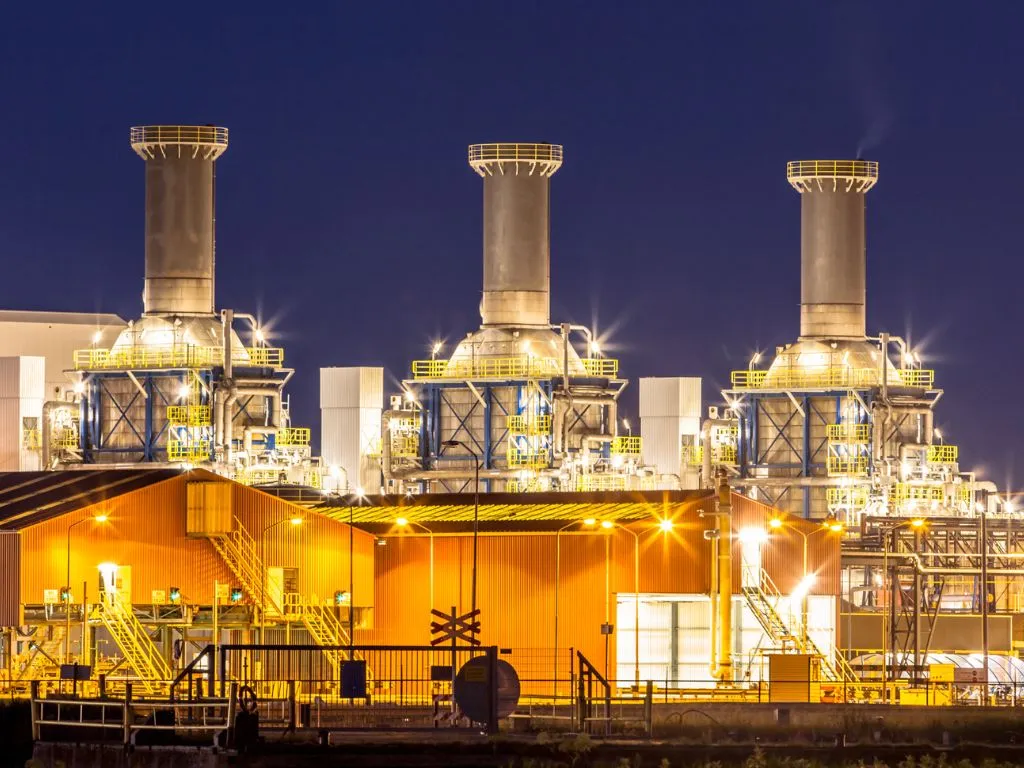- Home
- News Details
News Details

Indonesia's New Regulatory Framework for Carbon Capture and Storage Activities
2024-06-13 Reference source : Government of Indonesia
Built environment Business initiatives Risk management
Presidential Regulation No. 14 of 2024 on the Implementation of Carbon Capture and Storage Activities was enacted by the Government of the Republic of Indonesia on January 30, 2024. This regulation outlines a methodology for the capture and processing of carbon produced by upstream oil and gas business activities, power plants, industries, and other emission-producing activities. It also defines procedures for transporting carbon from collection and/or processing facilities to injection and storage locations.
Although Carbon Capture Storage, or "CCS," is not a novel concept, this regulation signals an exciting phase in Indonesia’s history. This strategy will revolutionize the country's economy by creating new business opportunities and expanding the market for low-carbon goods worldwide.
Objectives
The main focus of the recently released Presidential Regulation No. 14 of 2024 (PR No. 14/2024) is to facilitate the execution of CCS operations highlighting Indonesia's potential as a hub for carbon storage. The regulation provides two main plans for CCS operations:
-
CCS inclusion: This requires cooperative alterations to contracts for integration with oil and gas operations.
-
Licensing: Licenses will be needed for exploration and storage operations in regions that are designated as non-working areas.
A more detailed procedure for CCS implementation plans is described in PR No. 14/2024, which includes examination by SKK Migas's ((Oil and Gas Upstream Business Activities Operational Agency) and approval by the MoEMR (Ministry of Energy and Mineral Resources). While carbon-storage licenses are not a requirement for implementing CCS in accordance with MoEMR Reg No. 2/2023, the regulation prioritizes domestic storage capacity and international collaboration.
In order to encourage investment in CCS projects, the regulation emphasizes tax incentives and introduces a carbon transport licence. PR No. 14/2024 complements MoEMR Reg No. 2/2023 and is detailed enough for businesses to begin thinking about developing CCS projects.
Outcome
Indonesia stands to gain greatly from the application of CCS both the environmentally and economically. In addition to promoting innovation and creating highly skilled jobs, the development and application of CCS can attract investment, particularly from abroad. Indonesia has the geographical advantages that make it even more likely to make a big impact on the global CCS scene.
We acknowledge that the above information has been compiled from Government of Indonesia.
Global Product Compliance (GPC) specializes in Global Regulatory Compliance Solutions across sectors
globally. SSS Europe, a familiar name in chemical regulatory and compliance services now formally belongs
under the umbrella of GPC Holding Sweden.
Since 2008, we have emerged as one of the leading names among Global Regulatory Compliance Service
Providers with Representation services in Europe, Asia and Middle East for respective chemical
regulations.

 Twitter
Twitter
